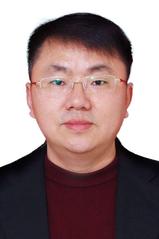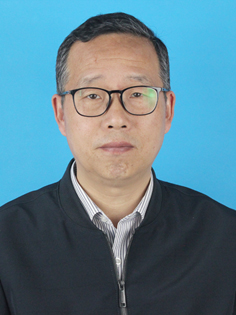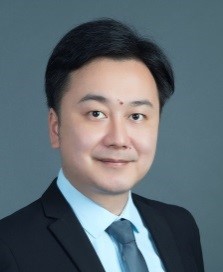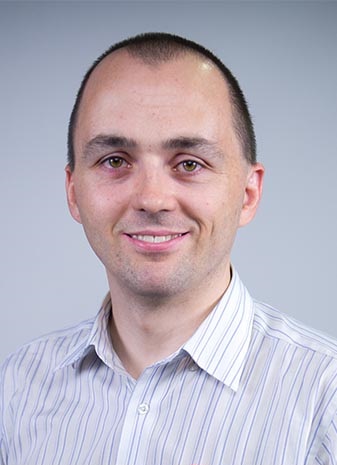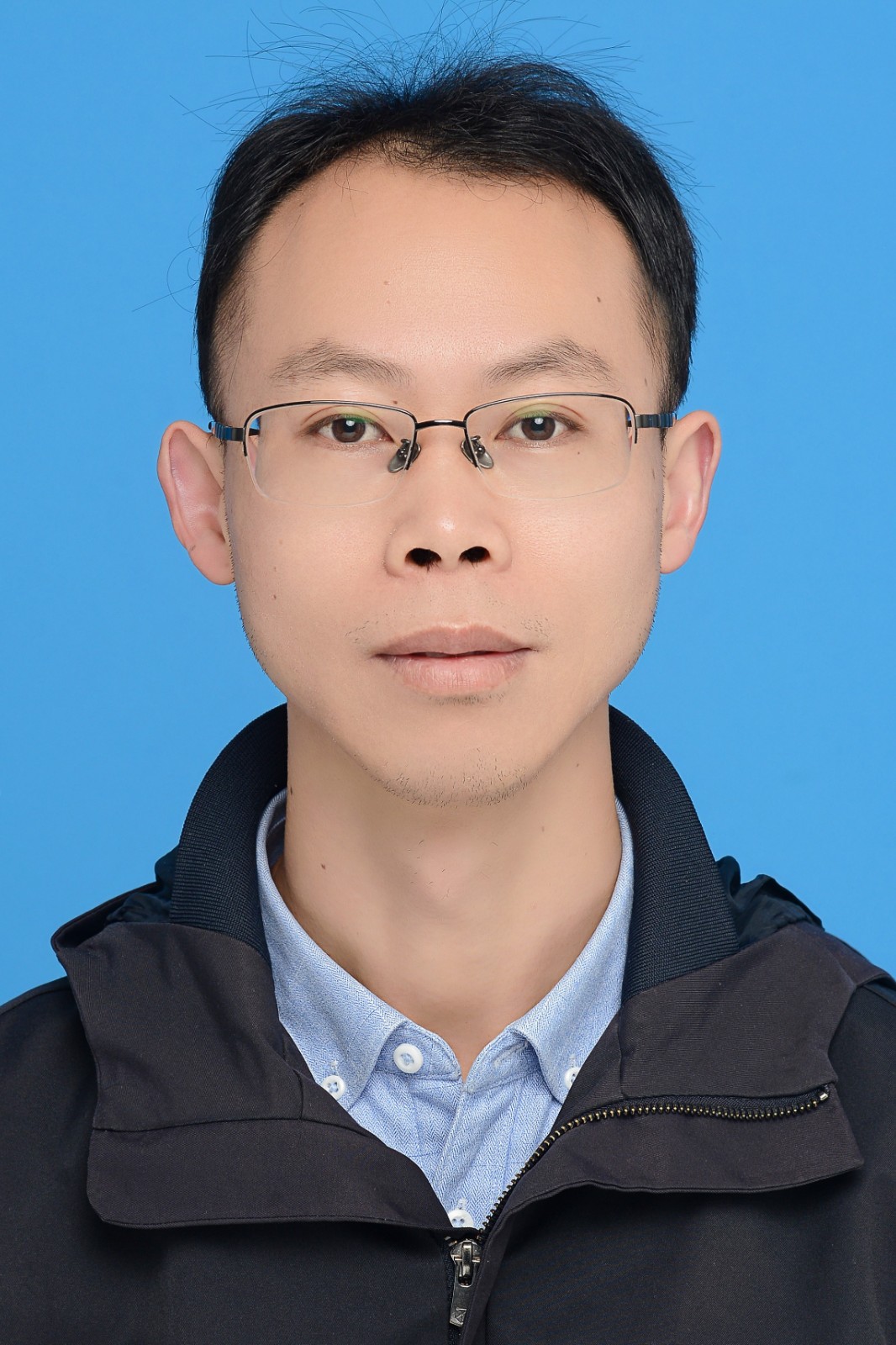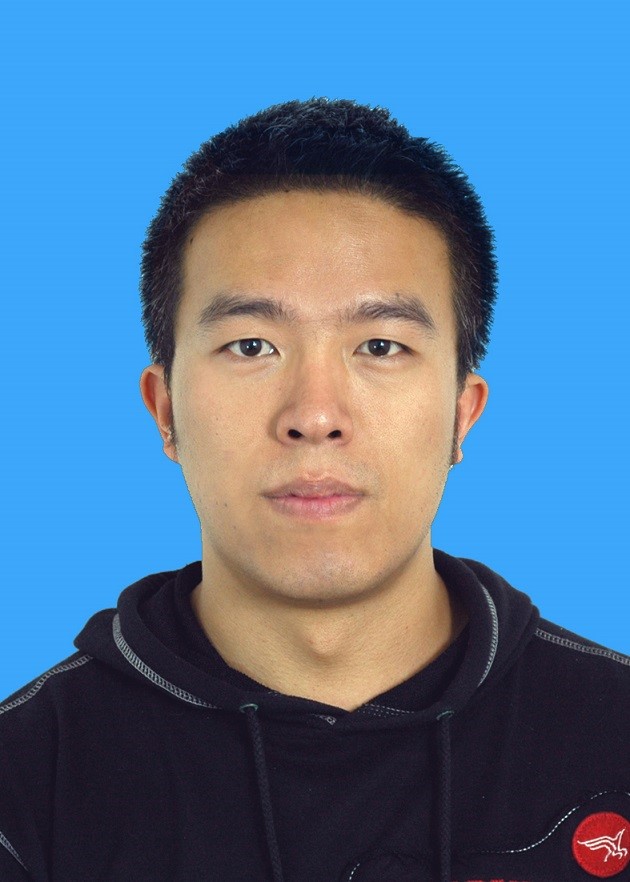
Prof. Maode MAKINDI Center for Computing Research, College of Engineering, Qatar University, Doha(IET Fellow, Chair of the ACM, Singapore Chapter) Bio: Prof. Maode Ma, a Fellow of IET, received his Ph.D. degree from the Department of Computer Science at the Hong Kong University of Science and Technology in 1999. Now, Prof. Ma is a Research Professor in the College of Engineering at Qatar University in Qatar. Before joining Qatar University, he has been a faculty member at Nanyang Technological University in Singapore for over 20 years. He has extensive research interests including network security and wireless networking. He has led 26 research projects funded by government, industry, military, and universities in various countries. He has supervised 25 research students to get their Ph. D degrees. He has been a conference chair, technical symposium chair, tutorial chair, publication chair, publicity chair, and session chair for over 100 international conferences. He has been a member of the technical program committees for more than 200 international conferences. Prof. Ma has more than 500 international academic publications including over 250 journal papers and about 250 conference papers. He has edited a few technical books and produced over 28 book chapters. His publication has received over 10,000 citations in Google Scholar. He has delivered over 90 keynote speeches and 10 tutorials at various international conferences. Prof. Ma currently serves as the Editor-in-Chief of the International Journal of Computer and Communication Engineering and the Journal of Communications. He also serves as a Senior Editor for IEEE Communications Surveys and Tutorials, and an Associate Editor for the International Journal of Wireless Communications and Mobile Computing and International Journal of Communication Systems. Prof. Ma is a senior member of the IEEE Communication Society and a member of ACM. He is now the Chair of the ACM, Singapore Chapter. He has been serving as an IEEE Communication Society Distinguished Lecturer from 2013 to 2016 and from 2023 to 2024. |
|
| Prof. Seyedali MirjaliliTorrens University Australia(IEEE Senior Member, H-index: 110) Bio: Professor Seyedali Mirjalili (Ali) founded the Centre for Artificial Intelligence Research and Optimization in 2019. He is currently a Professor of Artificial Intelligence at Torrens University Australia. He is internationally recognized for his advances in Optimization and Swarm Intelligence, including the first set of algorithms from a synthetic intelligence standpoint - a radical departure from how natural systems are typically understood - and a systematic design framework to reliably benchmark, evaluate, and propose computationally cheap robust optimization algorithms. Ali has published over 500 publications with over 80,000 citations and an H-index of 95. As the most cited researcher in Robust Optimization, he has been on the list of 1% highly-cited researchers and named as one of the most influential researchers in the world by Web of Science for three consecutive years since 2019. In 2020, he was ranked 21st across all disciplines and 4th in Artificial Intelligence & Image Processing in the Stanford University’s list of World’s Top Scientists. In 2021, The Australian newspaper named him as the top researcher in Australia in three fields of Artificial Intelligence, Evolutionary Computation, and Fuzzy Systems. Ali is a senior member of IEEE and an associate editor of several AI journals including Neurocomputing, Applied Soft Computing, Advances in Engineering Software, Computers in Biology and Medicine, Healthcare Analytics, Applied Intelligence, and IEEE Access. His research interests include Optimization, Swarm Intelligence, Evolutionary Algorithms, and Machine Learning. |
Prof. Hongbing ChengZhejiang University of Technology, ChinaBio: Hongbing CHENG is currently a Professor in college of computer Science, Zhejiang University of Technology. He was a postdoctoral fellow of the Department of Computer Science and Technology of Nanjing University; was high-level talent of Six Talent Peaks in Jiangsu Province. At the same time, he is the Distinguished Professor of Huawei Network Security Foreign Training .Prof. CHENG have been to University of Manchester, University of Stavanger and Deakin University as Visiting scholar, visiting professor. He is the Team leader of Information and Privacy Protection Research, and has published numerous research papers in high-quality international journals and conferences. Prof. Cheng served as invited editor of several international journals in some international conferences; and has been invited to give keynote speeches and chair committees, reviewed papers for many international journals and conferences. His research interests include blockchain, cryptography, privacy preserving and information security, computer communications and cloud computing security. |
|
| Prof. Shitong WangJiangnan University, ChinaBio:Wang Shitong, professor, doctoral supervisor, executive director of the Chinese Discrete Mathematics Society, executive director of the Chinese Machine Learning Society. He is mainly engaged in the research and teaching of artificial intelligence / pattern recognition and image processing and its application. He has been engaged in cooperative research in London University, Bristol University, Hong Kong University of Science and Technology, Hong Kong Polytechnic University, Hiroshima University and City University of Hong Kong for more than 10 times. Nearly one hundred papers have been published in important core journals at home and abroad, including more than 50 papers included in SCI and EI, including 6 papers in IEEE Transactions series. He has presided over or participated in 6 National Natural Science Foundations, 1 National Education Commission Excellent Young Teachers Fund Project, and more than 10 other provincial and ministerial scientific research projects. It has won five awards from the State Education Commission, China Shipbuilding Corporation and Jiangsu Provincial and Ministerial Science and Technology Progress Award. |
Prof. Chuan QinUniversity of Shanghai for Science and Technology, ChinaBio: Chuan Qin received his Ph.D. degree in signal and information processing from Shanghai University, Shanghai, China, in 2008. Since Dec. 2008, he has been with the faculty of University of Shanghai for Science and Technology, where he is currently a Professor. He was with Feng Chia University at Taiwan as a Postdoctoral Researcher from July 2010 to July 2012. His research interests include multimedia intelligent computing, AI security, data hiding and image processing in encrypted domain. He has published over 200 peer-reviewed papers in journals and conferences, such as IEEE TIP, IEEE TIFS, IEEE TMM, IEEE TCSVT, and ACM MM. He has also published one book and held seven authorized patents. He was selected as the Highly Cited Chinese Researchers by Elsevier in 2020 and the World’s Top 2% Scientists in 2020-2024. He won the Excellent Paper Awards of CIHW 2016 and ChinaMFS 2023, and the Candidate of Excellent Paper Award of IEEE IIHMSP 2014. He has served as the Associate Editor for ACM TOMM, Neural Networks (Elsevier) and Information Fusion (Elsevier). |
|
| Prof. Wenhua QianYunnan University, ChinaBio: Deputy Dean of Information College, Postdoctoral of Southeast University, Yunnan Province, ' Xingdian Talent Support Program ' industrial innovation talents, young and middle-aged academic and technical leaders in Yunnan Province, the core member of ' graphic image processing ' in the characteristic research direction of Information College. He was selected into the outstanding youth cultivation plan of Yunnan Province and the backbone teacher training plan of Yunnan University. He is a senior member of China Computer Association, a director of China Image and Graphics Society, a senior member of China Graphics Society, a member of China CAD / CG Special Committee, a member of China Digital Entertainment and Simulation Society, a member of China Computer Vision Professional Committee, a member of Digital Cultural Heritage Professional Committee, a member of Yunnan Computer Society Education Professional Committee, a member of Yunnan University Computer Teaching Committee, a member of Editorial Board of China Journal of Image and Graphics, a member of Computers & Graphics and so on. He was the chairman of YOCSEF Kunming Sub-forum of China Computer Association. |
Prof. Philippe Fournier-VigerShenzhen University, China (IEEE Senior Member)Bio: Philippe Fournier-Viger (Ph.D) is distinguished professor at Shenzhen University (China). Five years after completing his Ph.D., he came to China in 2015 and became full professor after receiving an important national talent title. He has published more than 400 research papers related to data mining algorithms for complex data (sequences, graphs), intelligent systems and applications, which have received more than 16,000 citations (H-Index 63 - Google Scholar). He is the founder of the popular SPMF data mining library, offering more than 260 algorithms to find patterns in data, cited in more than 1,000 research papers. He is former associate editor-in-chief of the Applied Intelligence journal and has been keynote speaker for over 50 international conferences and co-edited four books for Springer. He appears in the top 0.3% of researchers for scientific influence in the Stanford list. He won the "Most Influential Paper Award" at the 2024 PAKDD conference and received seven Best Paper Awards at international conferences. Website:http://www.philippe-fournier-viger.com. Title: Advances and challenges for the automatic discovery of interesting patterns in data Abstract: Intelligent systems and tools can play an important role in various domains such as for factory automation, e-business, and manufacturing. To build intelligent systems and tools, high-quality data is generally required. Moreover, these systems need to process complex data and can yield large amounts of data such as usage logs, images, videos, and data collected from industrial sensors. Managing data to gain insights and improve these systems is thus a key challenge. It is also desirable to be able to extract information or models from data that are easily understandable by humans. Based on these objectives, this talk will discuss the use of data mining algorithms for discovering interesting and useful patterns in data generated from intelligent systems and other applications. The talk will first briefly review early study on designing algorithms for identifying frequent patterns. Then, an overview of recent challenges and advances will be presented to identify other types of interesting patterns in more complex data such as graphs and sequences. Topics that will be discussed include high utility patterns, locally interesting patterns, and periodic patterns. Lastly, the SPMF open-source software will be mentioned and opportunities related to the combination of pattern mining algorithms with traditional artificial intelligence techniques for intelligent systems will be discussed. |
|
| Prof. Jianping GouSouthwest University(CCF/IEEE Senior Member) Bio: Jianping Gou received the Ph.D. degree in computer science from University of Electronic Science and Technology of China, Chengdu, China, in 2012. He was a Post-Doctoral Research Fellow with The University of Sydney. Now, he is currently a professor and doctoral Supervisor in College of Computer and Information Science, College of Software, Southwest University, Chongqing, China. His current research interests are pattern recognition and machine learning. Dr. He has been intensively working on developing novel machine learning theories and efficient data mining algorithms for more than ten years. His research has resulted in more than 140 publications on top-tier journals and conferences, including several best paper awards such as ACAIT and ISAIR best paper awards. He served as a Section Editor of Recent Advances in Electrical & Electronic Engineering, an Academic Editor of Scientific Programming, a Guest Editor of Mathematics, a Guest Editor of Frontiers in Physics, Editorial Board of Mathematics, Editorial Board of Journal of Artificial Intelligence and Systems. He served as a reviewer of many international journals such as IJCV, TPAMI, TNNLS, TIP, TKDE, TMM, TKDD, and TCYB, and a program committee member for several international conferences such as IJCAI, ECCV, and ICME. He is also a Senior member of IEEE, a Senior member of both CCF (China Computer Federation), and a Senior member of CSIG (China Society of Image and Graphics). |
Prof. Heming JiaSanming University, ChinaBio: Jia Heming, Ph.D., professor, master's supervisor, and leader in the field of electronic information. Selected on the global top 2% scientists list, a high-level C-class talent in Sanming City, a director of the Fujian Artificial Intelligence Society, a director of the Fujian Computer Society, a senior member of the China Computer Society, and an assistant editorial board member of the Journal of Intelligent Systems. I have published over 100 scientific research papers as the first author and corresponding author, including over 50 SCI searches. Hosted 1 general project of the Fujian Natural Science Foundation, 3 special funding projects for basic scientific research business expenses of central universities, 1 education and research project for young and middle-aged teachers in Fujian Province, 3 guiding science and technology projects in Sanming City, and 4 horizontal projects for enterprises. Personal website: https://xxgc.fjsmu.edu.cn/2020/1025/c1767a101567/page.htm |
|


